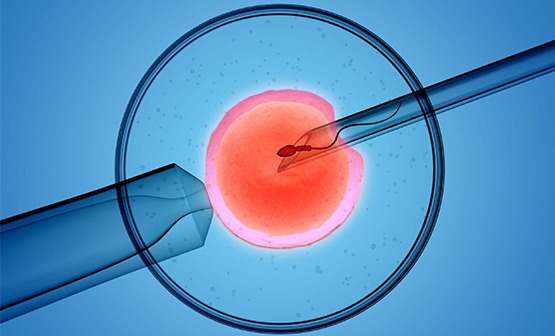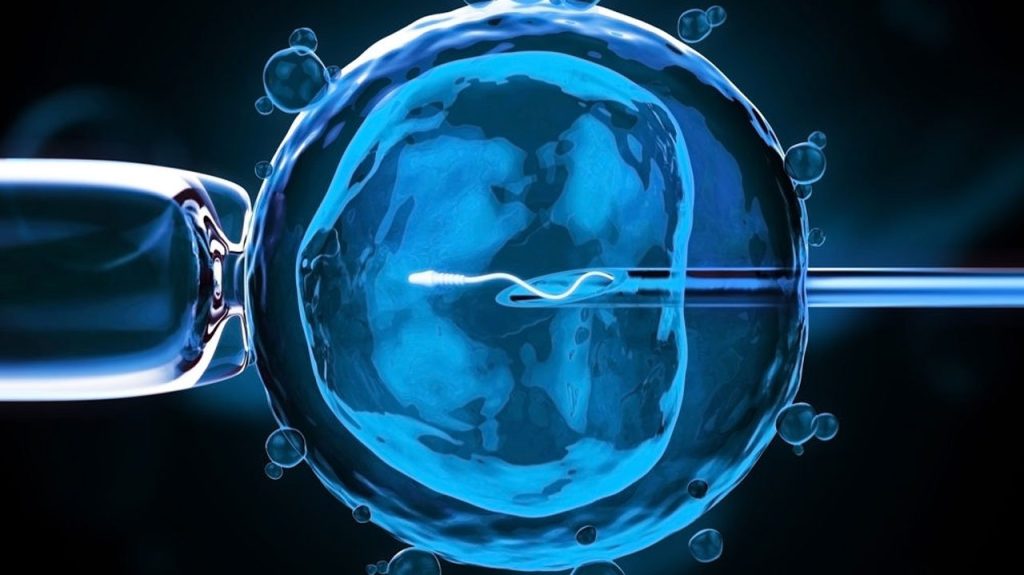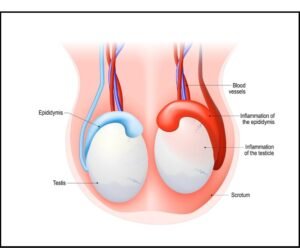

ICSI, a breakthrough in assisted reproductive technologies (ART), involves the direct injection of a single sperm into an egg to facilitate fertilization, bypassing natural barriers. This highly specialized procedure is designed to address specific cases of infertility.
Originally developed in the early 1990s, ICSI has evolved significantly, refining its methodologies and expanding its applications. Continuous research and technological advancements have improved success rates and widened its scope in fertility treatments.

Male infertility constitutes a significant portion of cases where ICSI emerges as a viable solution. Issues like low sperm count, poor sperm motility, or abnormal sperm morphology often necessitate ICSI.
While ICSI primarily addresses male infertility, it also aids in overcoming certain cases of female infertility caused by factors such as blocked fallopian tubes or poor egg quality.
Infertility stems from a myriad of factors encompassing genetic predispositions, hormonal imbalances, lifestyle choices, and environmental influences. Understanding these factors is crucial in tailoring ICSI treatment to individual needs.
ICSI stands as a pioneering method within ART, alongside procedures like in vitro fertilization (IVF) and gamete intrafallopian transfer (GIFT). Its precision in addressing specific male infertility issues sets it apart from other techniques.
Unlike conventional IVF, which relies on the natural selection of sperm for fertilization, ICSI involves the selection and injection of a single sperm directly into an egg, enhancing the chances of successful fertilization in cases of severe male infertility.
The journey toward ICSI treatment commences with a thorough assessment of both partners’ health, medical history, and fertility factors. Specialized consultations enable the medical team to devise personalized treatment plans.
For successful ICSI, controlled ovarian stimulation is often necessary for the female partner. Hormonal medications are administered to stimulate the ovaries to produce multiple mature eggs, enhancing the chances of a successful procedure.
Egg retrieval involves a minimally invasive procedure guided by ultrasound, while sperm collection occurs concurrently. The collected eggs and sperm are then prepared for the ICSI procedure in the laboratory.
Under anesthesia, mature eggs are retrieved from the ovaries using a fine needle guided by ultrasound. These eggs are promptly transferred to the laboratory for further processing.
Sperm is collected either through ejaculation or surgical extraction methods like testicular sperm extraction (TESE) or epididymal sperm aspiration (TESA) in cases of severe male infertility.
In the laboratory, a skilled embryologist selects a high-quality sperm and injects it directly into the retrieved egg. The fertilized egg is closely monitored for signs of successful fertilization and early embryo development.
Following successful fertilization, the resulting embryos are cultured and monitored. Subsequently, one or more embryos are carefully transferred into the female partner’s uterus, aiming for successful implantation.

The success of ICSI depends on various factors, including the quality of eggs and sperm, the expertise of the embryologist, and the overall health of the individuals involved.
While success rates vary, advancements in ICSI techniques have significantly improved pregnancy rates, offering hope to couples struggling with infertility.
Studies suggest a slightly higher risk of certain genetic abnormalities associated with ICSI, although the absolute risk remains relatively low. Close monitoring and counseling by healthcare professionals are crucial.
For women undergoing ovarian stimulation, there might be a risk of ovarian hyperstimulation syndrome (OHSS), a condition characterized by enlarged ovaries and fluid accumulation in the abdomen.
ICSI, like other ART procedures, raises ethical dilemmas, including concerns about the commodification of reproduction, the psychological impact on children conceived through such methods, and the equitable distribution of access to these technologies. Fertility treatments, including ICSI, can be emotionally challenging for couples. Support from healthcare providers and access to counseling services are essential to address the psychological aspects of the journey.

Ongoing research endeavors focus on refining ICSI techniques, such as improving sperm selection methods, enhancing embryo culture conditions, and exploring non-invasive embryo assessment techniques.
Emerging technologies, including artificial intelligence and gene editing tools like CRISPR-Cas9, hold promise in revolutionizing fertility treatments. However, ethical considerations and rigorous oversight remain imperative.
The cost of Intracytoplasmic Sperm Injection (ICSI) varies based on factors such as the medical center’s location and the patient’s medical history. In Pakistan, the approximate cost typically ranges between 750,000 to 850,000 Rupees. However, it’s important to note that this estimate is subject to change and may differ based on the specific clinic, additional services, or individualized treatments required. Prospective patients should consult with their chosen medical center for accurate and up-to-date information tailored to their unique circumstances. Overall, ICSI costs are influenced by geographic location and individual health considerations, emphasizing the need for personalized assessments.
ICSI, as a remarkable advancement in assisted reproduction, has offered hope to countless couples struggling with infertility. Its precision in addressing male infertility, coupled with continuous advancements, signifies a promising future for fertility treatments.
As the field of reproductive medicine evolves, a comprehensive understanding of ICSI, its procedures, risks, and ethical considerations becomes increasingly important for both healthcare providers and individuals seeking fertility solutions.
In essence, while ICSI is a significant milestone in overcoming certain forms of infertility, it’s essential to approach its utilization with a holistic perspective, considering both its potentials and ethical dimensions.





32-A, Rojhan Street, Block 5, Kehkashan, Clifton, Next to PRANZO Restaurant, Behind BBQ Tonight, Near BILAWAL Chowrangi, Karachi, Sindh, Pakistan 75600
116 Babar Block, Barkat Market, Near Salaar Center, Lahore, 54000.
3rd Floor, Aklas Plaza, G10 Markaz, Behind Babri Masjid, Sawan Road, Islamabad.
The Australian Concept Infertility Medical Center “Australian Concept” was established in 1998 with Australian technical collaboration in Karachi, Pakistan.